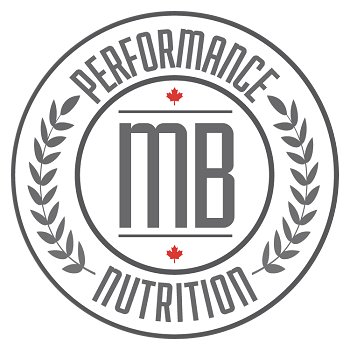Last updated on January 11th, 2024
“Hey Melissa, I want to lose 10-15 pounds in the next 6-8 weeks before NORAMs”
I remember when I got that private message from an OCR athlete.
I wish I could say it’s only happened once.
Since I started MB Performance Nutrition in 2015, I have received dozens of messages like that every season 4-12 weeks out from big races.
Age Group and Elite OCR athletes thinking that if they lose that last 5, 10 or 15 lbs before race day, they’ll suddenly keep their mandatory completion band, race penalty-free or podium when they haven’t been able to in the past.
They message me hoping I have a secret method that’s going to help them quickly lose that weight.
I don’t.
As an OCR athlete, rapid weight loss can have serious consequences on your performance and health.
Your diet plays a huge role in your performance and it holds even greater importance when you’re weeks away from your most important race of the season.
To lose weight, you have to achieve a negative energy balance. This is when your energy output (resting metabolism, dietary thermogenesis, physical activity) is greater than your energy intake (food and drink).
Athletes can try to lose weight by eating less calories, exercising more, or both. To avoid sabotaging your performance, weight loss has to occur slowly. It’s also best accomplished in the off-season.
Is rapid weight loss possible?
Yes.
Should this be your goal?
NO.
When an OCR athlete loses weight too quickly, here’s what happens:
1. Loss of Muscle Mass — When you lose weight, you haven’t necessarily lost body fat. Weight loss is often accompanied by a reduction in muscle mass. If you are under fuelling, especially with carbs, your muscles can be broken down to be used as a fuel source.
2. Decreased Energy — If you’ve cut back your calories and carbohydrate intake too drastically, the quick weight loss you’re experiencing is a reduction in glycogen stores.
3. Dehydration — Rapid weight loss is mostly dehydration. This further reduces your performance and ability to train.
If you’re unsatisfied with your body composition, wait until the off-season.
Then, you can lose body fat in a slow and sustainable way without sabotaging your performance, health and/or mental wellbeing.
Even in the off-season, rapid weight loss is not the goal.
Trying to rapidly lose weight and/or using weight loss methods designed for sedentary people should be avoided if you actually care about your performance.
There’s a right way and a wrong way to approach body recomposition when you’re an OCR athlete.
You’re not a sedentary person. You have unique needs.
Needs that can’t be met when you’re under fuelled.
References:
Jeukendrup, A. E., & Gleeson, M. (2019). Sport nutrition. Champaign, IL: Human Kinetics.
Ryan, M. (2012). Sports nutrition for endurance athletes. Boulder, CO: VeloPress.


